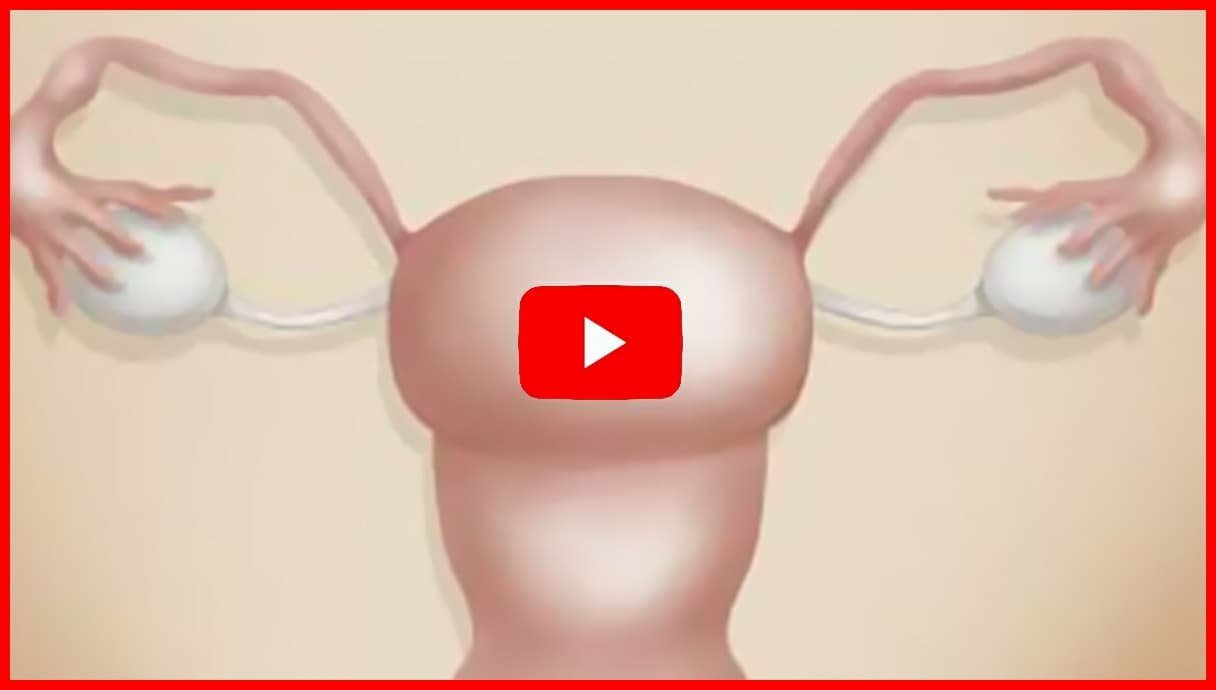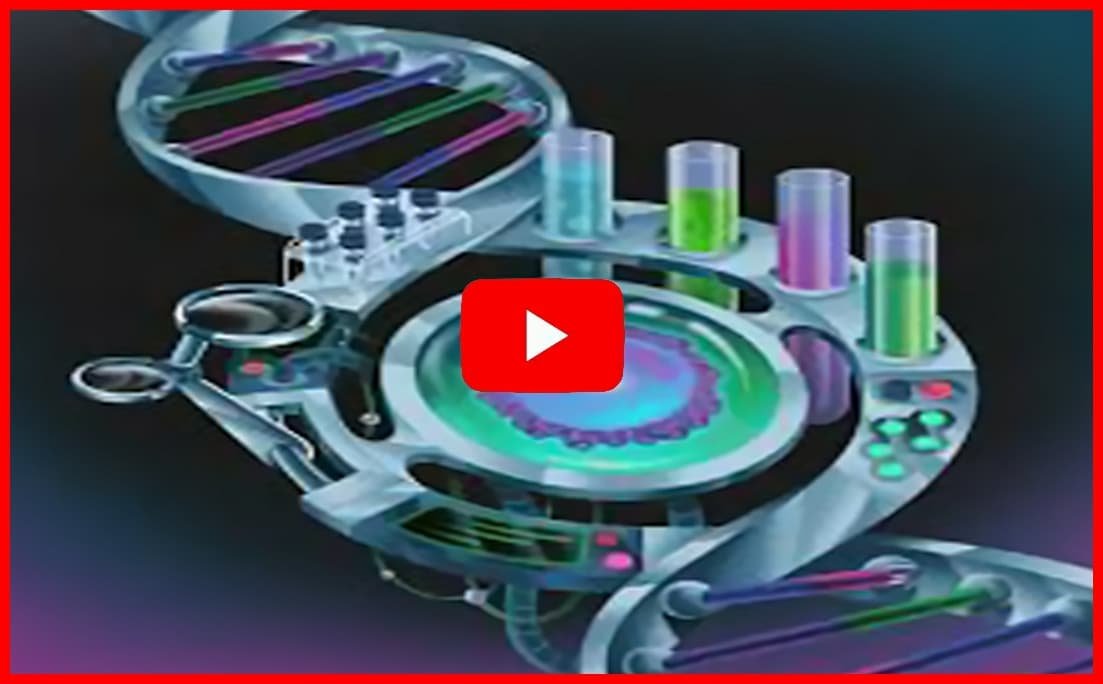Age and Fertility: Understanding the Impact of Age on Reproductive Health
A pervasive myth in reproductive health is that age has little effect on fertility. Many young adults underestimate the biological clock, assuming that conception is equally achievable at any stage of life. In reality, age is one of the most critical determinants of reproductive potential, affecting both men and women in profound ways. Understanding how age influences fertility is essential for informed family planning and proactive reproductive health management.
Female Fertility: The Clock Ticks
For women, fertility begins a gradual decline in the late twenties, with a sharper decrease after age 35. This decline is largely due to the diminishing quantity and quality of oocytes, or eggs, which are finite and age-dependent. Women are born with a set number of ovarian follicles containing immature eggs. As the years progress, the ovarian reserve diminishes, and the remaining eggs are increasingly prone to chromosomal abnormalities. This decline in egg quality not only reduces the likelihood of conception but also raises the risk of miscarriage and genetic disorders, including Down syndrome. While the timing and pace of this decline vary based on genetics, overall health, and environmental factors, the biological reality remains consistent: age matters.
Male Fertility: The Subtle Decline
Men, while often less affected by societal assumptions about fertility, also experience age-related reproductive changes. Male fertility declines more gradually, but sperm quality, motility, and morphology decrease over time, and the risk of genetic mutations rises. Studies indicate that men over 40 may face reduced fertility, and the likelihood of sperm-related genetic abnormalities increases significantly after 50. These changes can influence the success rates of assisted reproductive technologies and are linked to higher risks of certain health conditions in offspring, such as autism spectrum disorders and schizophrenia.
Planning and Preservation: Navigating the Biological Clock
Understanding the impact of age on fertility underscores the importance of early reproductive planning. For those wishing to delay parenthood, fertility preservation techniques—particularly egg freezing—offer a promising solution. By freezing eggs at a younger age, women can potentially extend their reproductive window and improve the chances of conception later in life. However, fertility preservation is not a guaranteed solution; success rates depend on factors such as age at freezing, overall health, and egg quality. Consulting with healthcare providers early, understanding the limitations of assisted reproductive technologies, and making informed decisions are crucial steps for those navigating this path.
Conclusion: Balancing Biology and Personal Aspirations
Age plays a pivotal role in reproductive health, shaping natural conception and the success of fertility treatments alike. Recognizing the biological realities of fertility decline empowers individuals and couples to plan proactively, seek expert guidance, and consider preservation strategies if needed. While aging is inevitable, knowledge of its effects allows for informed choices, helping balance personal aspirations with reproductive potential. By understanding the interplay of biology and timing, individuals can navigate their fertility journeys with both clarity and confidence.
Fertility Myths: Common Misconceptions and the Scientific Truths Behind Them
The world of fertility is full of myths—half-truths, misconceptions, and outdated beliefs—that can mislead individuals and couples, often creating unnecessary stress, false hope, or ill-informed decisions. Separating fact from fiction is vital for making evidence-based choices, optimizing reproductive health, and pursuing appropriate medical guidance when needed.
Myth 1: Fertility Issues Are Only a Woman’s Problem
One of the most persistent myths is that infertility is exclusively a female concern. This belief overlooks the fact that male factors contribute to approximately 40-50% of infertility cases. Issues such as low sperm count, poor motility, abnormal morphology, and genetic abnormalities can significantly affect reproductive outcomes. Yet societal stigmas and limited awareness often lead men to neglect reproductive health, delaying evaluation and treatment. Recognizing infertility as a shared challenge encourages couples to undergo comprehensive assessments, ensuring that both partners receive appropriate care and support.
Myth 2: Age Is the Only Determinant of Fertility
While age is undeniably a major factor, it is far from the only one influencing fertility. Lifestyle factors—such as obesity, smoking, excessive alcohol consumption, and chronic stress—can impair reproductive health in both men and women. Conversely, healthy habits, including balanced nutrition, regular exercise, and avoidance of harmful substances, can enhance fertility outcomes. Genetic predispositions and medical conditions like polycystic ovary syndrome (PCOS) or endometriosis further complicate fertility, underscoring the importance of a comprehensive evaluation rather than assuming age alone dictates reproductive potential.
Myth 3: Natural Remedies and Supplements Are Enough
Many believe that natural remedies or dietary supplements can dramatically boost fertility without medical intervention. While certain supplements—like folic acid, vitamin D, or antioxidants—support reproductive health, they are not substitutes for evidence-based fertility treatments. Relying solely on unproven remedies can delay diagnosis, reduce the likelihood of conception, and increase emotional stress. Consultation with a qualified healthcare professional is essential to ensure supplements complement, rather than replace, medical guidance.
Myth 4: Conception Happens Immediately with Unprotected Intercourse
A common misconception is that conception occurs instantly with unprotected sex. In reality, fertility is confined to a narrow window, typically a few days around ovulation. Many couples are unaware of this critical timing, leading to frustration and confusion. Techniques such as basal body temperature tracking, ovulation predictor kits, and fertility awareness methods can significantly improve the odds of conception by helping individuals identify their optimal fertile days. Understanding and respecting the biology of ovulation is key to maximizing reproductive success.
Dispelling Myths Through Education and Evidence
Challenging these misconceptions is more than an academic exercise; it is a vital part of fostering informed, proactive reproductive choices. Accurate knowledge reduces stigma, alleviates guilt, and encourages timely medical intervention. It also cultivates a more supportive environment for individuals navigating fertility challenges, emphasizing that infertility is a manageable medical condition rather than a personal failing. By understanding the facts behind common myths, couples can approach fertility with clarity, confidence, and hope.
🏆 NuviaLab Female Fertility is a 19-ingredient food supplement that is a natural support for female fertility. The product is formulated with the highest quality plant extracts, vitamins and minerals to support female reproductive health.
🏆 Regular use of NuviaLab Female Fertility helps to maintain normal fertility and also supports the maintenance of natural sexual activity. The product plays an important role in the cell division process and reduces feelings of fatigue and tiredness. NuviaLab Female Fertility is the ideal solution for the modern woman.
Fertility Education: The Importance of Comprehensive Knowledge and Awareness
Fertility education is a cornerstone of reproductive health, yet it is often overlooked in mainstream health conversations. Despite its critical importance, many individuals lack a thorough understanding of the biological processes behind conception, the myriad factors influencing fertility, and the range of medical interventions available. By promoting comprehensive fertility education, we empower individuals to make informed choices, seek timely medical support, and adopt lifestyle practices that optimize reproductive health.
Early Education: Building Awareness from Adolescence
Effective fertility education should begin early, targeting adolescents and continuing into adulthood. For teenagers, learning about reproductive anatomy, menstrual health, and the long-term impact of lifestyle choices lays a foundation for lifelong awareness. Early education helps dispel myths, promotes healthy habits, and fosters open dialogue about reproductive concerns. Equipping young people with this knowledge encourages responsible decision-making and ensures that reproductive health becomes an integrated part of overall wellbeing.
Adult Fertility Education: Understanding Timelines and Signs
For adults, especially those planning families or experiencing delays in conception, fertility education takes on a more practical dimension. Understanding fertility timelines, ovulation patterns, and signs that may indicate reproductive challenges is crucial for making proactive choices. Recognizing when to seek medical evaluation can significantly influence outcomes, as early intervention often improves the likelihood of conception and reduces emotional stress.
The Role of Healthcare Providers and Resources
Healthcare professionals play a pivotal role in fertility education by offering personalized guidance tailored to individual health profiles. Fertility clinics, community health initiatives, and online platforms can complement this education, providing accessible and accurate information. Public health campaigns that destigmatize infertility, highlight proactive reproductive care, and emphasize the finite nature of fertility are instrumental in fostering a society where individuals feel empowered to act on their reproductive goals.
Emotional and Psychological Dimensions
Fertility education extends beyond biological knowledge; it must also address emotional and psychological wellbeing. Struggles with fertility often bring feelings of shame, guilt, anxiety, or depression. Integrating counseling, mental health support, and peer networks into educational programs encourages a holistic approach to reproductive health. Recognizing that seeking help is a sign of strength fosters resilience and reduces stigma, helping individuals navigate the emotional challenges of fertility with confidence and support.
Awareness of Medical and Technological Options
A comprehensive understanding of fertility also involves being informed about advances in reproductive technology. Procedures such as in vitro fertilization (IVF), egg and sperm donation, and fertility preservation techniques provide tangible options for those facing reproductive challenges. Education about these technologies allows individuals to make choices aligned with personal values, lifestyle considerations, and medical circumstances. Moreover, promoting ongoing research and innovation in reproductive medicine instills hope and broadens possibilities for those affected by infertility.
Conclusion: Knowledge as Empowerment
Comprehensive fertility education is not merely informational—it is transformative. By increasing awareness, dispelling myths, and integrating emotional support, we empower individuals to take control of their reproductive futures. Knowledge enables early intervention, reduces stigma, and improves health outcomes, ensuring that more people can pursue their family-building aspirations with confidence, clarity, and informed decision-making. Fertility education is, ultimately, a vital investment in both personal and societal wellbeing.
🏆 NuviaLab Female Fertility is a 19-ingredient food supplement that is a natural support for female fertility. The product is formulated with the highest quality plant extracts, vitamins and minerals to support female reproductive health.
🏆 Regular use of NuviaLab Female Fertility helps to maintain normal fertility and also supports the maintenance of natural sexual activity. The product plays an important role in the cell division process and reduces feelings of fatigue and tiredness. NuviaLab Female Fertility is the ideal solution for the modern woman.








